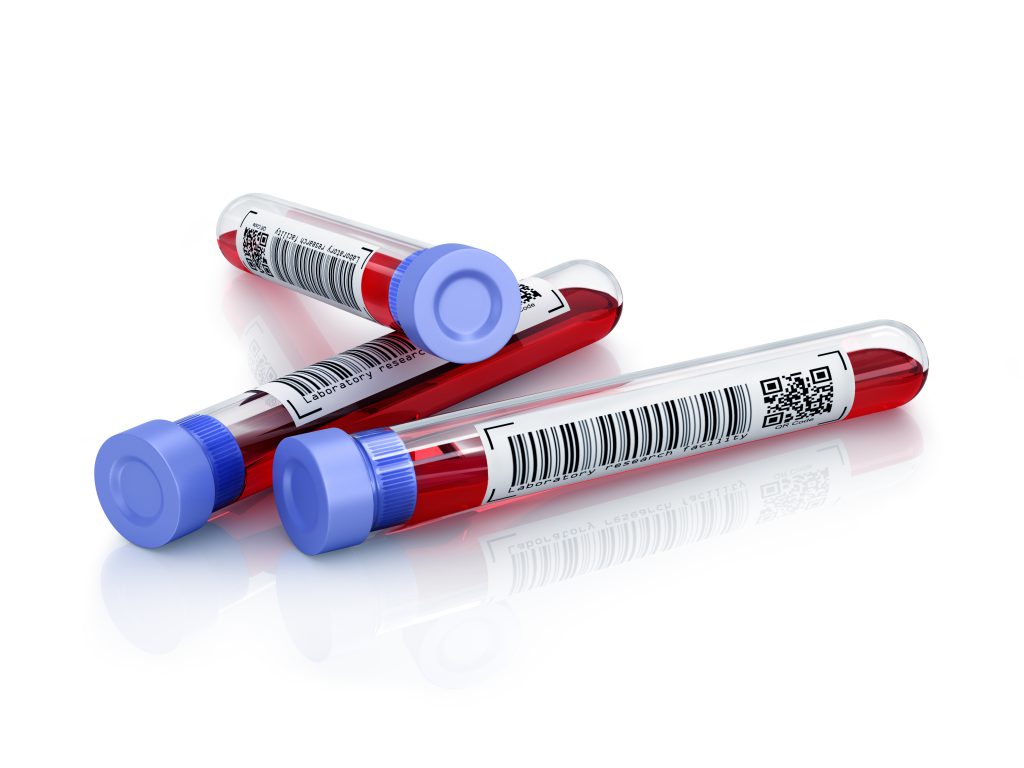Researchers at the Perelman School of Medicine at the University of Pennsylvania say they have developed a biomarker panel that could help clinicians detect and diagnose pancreatic cancer. Since most patients have few treatment options when they are diagnosed with pancreatic cancer at an advanced stage, this research – published in the journal, Science Translational Medicine – could support early diagnosis, making surgical removal of the tumor a viable option for these patients.
Pancreatic cancer is the fourth leading cause of cancer death in the US. There are over 53,000 patients who have been diagnosed with this type of cancer currently living in the US.
“Starting with our cell model that mimics human pancreatic cancer progression, we identified released proteins, then tested and validated a subset of these proteins as potential plasma biomarkers of this cancer,” said Dr. Ken Zaret, director of the Penn Institute for Regenerative Medicine.”
According to Zaret and his colleagues, the pancreatic cancer biomarkers can be detected in blood samples collected from at-risk patients. They suggest that healthcare providers could prioritize screening for patients whose relatives have been diagnosed with the disease, as well as those over the age of 50 who have spontaneously developed diabetes.
“Early detection of cancer has had a critical influence on lessening the impact of many types of cancer, including breast, colon, and cervical cancer,” said Dr. Robert Vonderheide, director of the Abramson Cancer Center (ACC) at the University of Pennsylvania. “A long standing concern has been that patients with pancreatic cancer are often not diagnosed until it is too late for the best chance at effective treatment. Having a biomarker test for this disease could dramatically alter the outlook for these patients.”
In the discovery of these biomarkers, the researchers used a human cell model of pancreatic cancer. By monitoring the development of these patient-derived cells, the researchers were able to identify biomarkers secreted by the cancerous cells which could be indicative of early to late-stage pancreatic cancer.
Two blood-based biomarkers, THBS2 and CA19-9, were found to be the most reliable indicators of the presence of pancreatic tumors. By comparing samples collected from patients with different stages of pancreatic cancer with those collected from patients with benign pancreatic disease and healthy volunteers, the researchers were able to further refine the assay.
“Positive results for THBS2 or CA19-9 concentrations in the blood consistently and correctly identified all stages of the cancer,” said Zaret. “Notably, THBS2 concentrations combined with CA19-9 identified early stages better than any other known method.”












Join or login to leave a comment
JOIN LOGIN